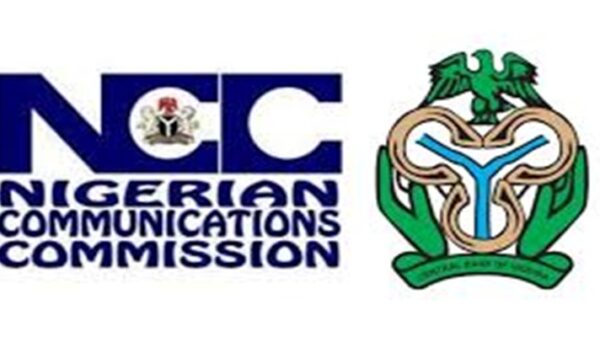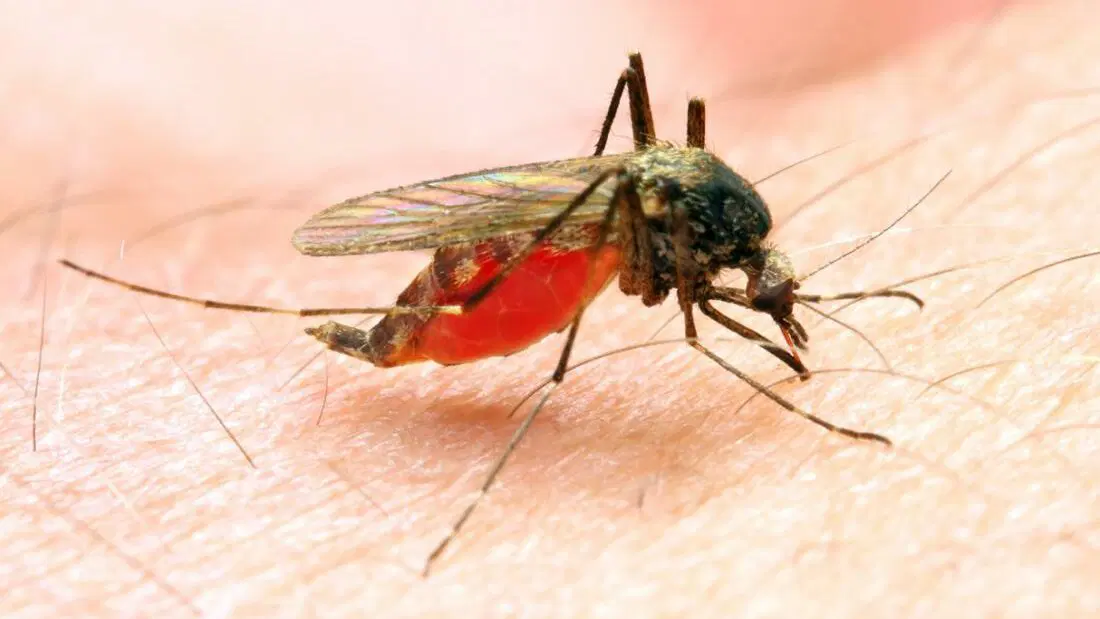Society for Family Health (SFH) has revealed that nine Nigerians die every hour due to malaria, with 97% of the population affected by the disease.
This was disclosed by the organization’s Social and Behavioural Change Specialist, Sesugh Deborah Oryiman, during a media orientation on the Integrated Insecticide-Treated Nets (ITNs) and Seasonal Malaria Chemoprevention (SMC) campaign in Kano.
As part of the campaign, SFH plans to distribute 7.7 million treated mosquito nets and over 15 million doses of SPAQ to children aged 3 to 59 months to help reduce the malaria burden.
“Malaria is the most common and preventable public health issue in Nigeria, yet it continues to take a deadly toll on 97% of Nigerians—especially children under five and pregnant women,” Oryiman said.
She noted that Nigeria records nearly 110 million clinically diagnosed malaria cases annually, with the disease responsible for an estimated 30% of child deaths and 11% of maternal deaths each year.
“Nigeria accounts for one-quarter of the global malaria burden. Two out of every four people with malaria in the West African sub-region live in Nigeria, and one in five malaria deaths globally occurs here. Malaria kills nine people every hour in Nigeria,” she added.
Beyond the health implications, malaria is the leading cause of absenteeism from schools, workplaces, farms, and markets, leading to reduced productivity. The disease also imposes a significant social and economic burden, retarding the Gross Domestic Product (GDP) by as much as 40% annually. Billions of naira are lost every year in treatment, prevention, and man-hour losses.
Despite a rise in malaria incidence, malaria prevalence based on microscopy has dropped from 27% in 2015 to 22% in 2021. Oryiman emphasized that consistent use of insecticide-treated nets remains one of the most effective and affordable ways to prevent malaria.
She added that the net distribution would focus on the most vulnerable local government areas and wards, while the SPAQ dosage will be administered across all 44 LGAs in Kano State.
Also speaking, Kano State Malaria Elimination Programme Manager, Babangida Gwarzo, said the program has mobilized over 27,000 Community Mobilizers and Distributors (CMDs) for a house-to-house campaign. The goal is to reach over three million children and provide caregivers with tokens to collect the treated nets.
He appealed to caregivers to ensure their children receive the dosage, especially during the rainy season, to help reduce the burden of malaria in the state.
![]()


























































